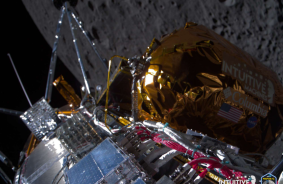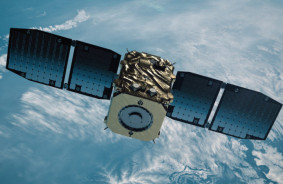Flat-earthers may have been right about something, but they were billions of years late. Scientists from the University of Central Lancashire in a new study found that newly formed planets can take on a flat shape before "rounding out."
It is known that planets are formed from protoplanetary disks - rings of dust and gas surrounding stars. However, the process itself still causes a lot of debate: the most common of theories refers to the process of core accretion, when dust particles begin to "stick together," forming larger and larger objects until they grow into planets; and the less accepted one, which talks about the instability of the disk, which supposedly cools down and breaks apart into particles, which then become planets.
In the new study, scientists developed supercomputer modeling of planet formation in order to investigate what shape they can take in their "youth."
"We have been studying planet formation for a long time, but we have never before checked what shape they take at the beginning," says Dr. Dimitris Stamatellos. "We always thought they were spherical."
During the research, scientists noticed that in the disk instability method, planets do not grow outward evenly, remaining in the form of a sphere all the time, but tend to collect more material at their poles than at the equator, stretching into a "flattened spheroid," which has a slightly flat, oval shape - and only over time they take on the familiar spherical shape.
For now, these results only show simulations, however, scientists say that further observations of young planets will help confirm or completely refute the disk instability method of planet formation.
The study has been accepted for publication in the journal Astronomy and Astrophysics Letters.
Source: New Atlas














Comments (0)
There are no comments for now